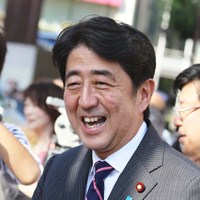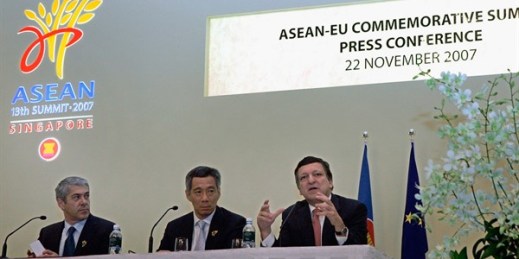
If there was ever a threat to Japanese Prime Minister Shinzo Abe’s leadership in recent months, it was annihilated last weekend. Not a single candidate from Abe’s ruling Liberal Democratic Party (LDP) lost in the latest Tokyo municipal government elections, while the biggest national opposition party even fell behind the Communists. Though Abe’s political dominance could bring an end to Japan’s stretch of political instability, the country’s economic future remains shaky at best, and the lack of any meaningful opposition to the LDP can only bode ill for the country’s longer-term prospects. Voters in Tokyo, who are generally regarded as […]



